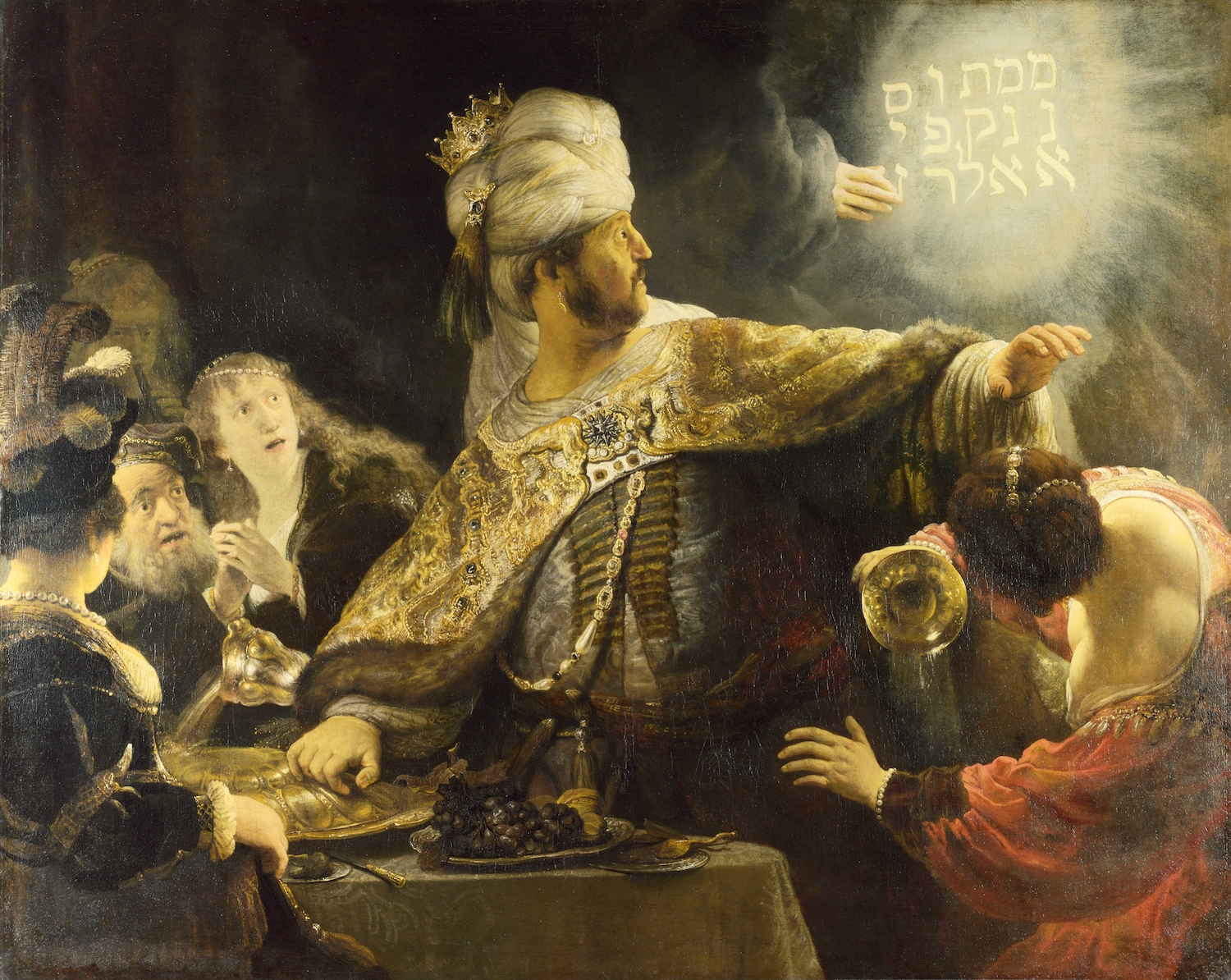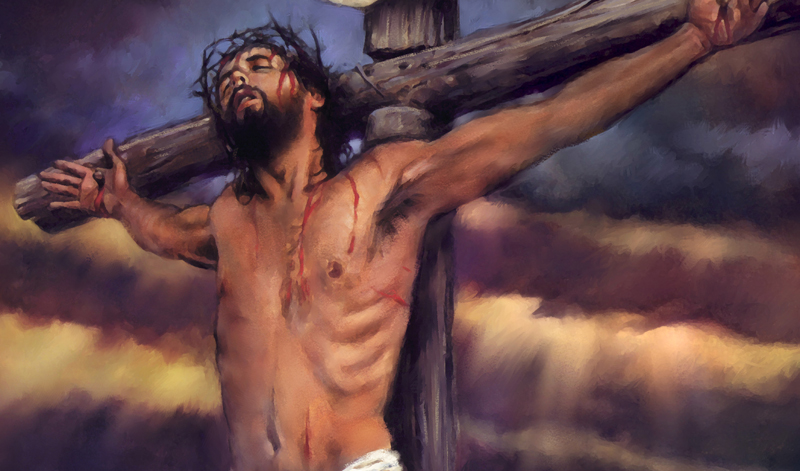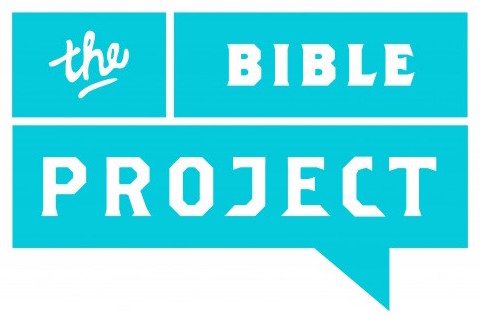 The Book of Daniel in the Bible tells the story of Daniel, a young man, taken captive by the Babylonian King Nebuchadnezzar. Daniel, who is a servant of the king, is true to the God of Israel and the king is not. In one story King Nebuchadnezzar is hosting a big feast when he and his guests begin to praise as gods the gold and silver vessels they were drinking from. Suddenly (and eerily) a hand appears and writes on the wall of the palace. The king was—not surprisingly—terrified. He asked Daniel to come over and interpret the inscription. Nebuchadnezzar knew that Daniel had some spiritual gift and so he summoned him to make sense of the writing on the wall.
The Book of Daniel in the Bible tells the story of Daniel, a young man, taken captive by the Babylonian King Nebuchadnezzar. Daniel, who is a servant of the king, is true to the God of Israel and the king is not. In one story King Nebuchadnezzar is hosting a big feast when he and his guests begin to praise as gods the gold and silver vessels they were drinking from. Suddenly (and eerily) a hand appears and writes on the wall of the palace. The king was—not surprisingly—terrified. He asked Daniel to come over and interpret the inscription. Nebuchadnezzar knew that Daniel had some spiritual gift and so he summoned him to make sense of the writing on the wall.
Daniel tells the king that he has rebelled against the Lord of heaven. “You praised the gods of silver and gold, bronze and iron, wood and stone, that neither see nor hear nor have intelligence. But the God in whose hand is your life breath and the whole course of your life, you did not glorify. By him were the wrist and hand sent, and the writing set down.” He then gives the meaning of the writing, which seems to speak about the end of Nebuchadnezzar’s kingdom.
The marks on the king’s palace wall represent those things that mark our lives, that indicate who we are. The inscriptions that Daniel interpreted indicated that the king was not a follower of the God of Israel – he rebelled against God, worshipping false gods and holding the Jews captive in exile. It was as clear as could be, written on the king’s prized palace. What are those marks for you? Those things engraved on your life’s wall that indicate who you are?
Those markers of who I am are my wife and daughter, my family, my talents, my personality type, my spirituality, the places I’ve lived, and the experiences I’ve had. But on occasion there are those not so positive inscriptions on my wall indicating where I, like King Nebuchadnezzar, have rebelled against God. Awareness of what might be written on our wall is a good Examen of our lives. It can help us take stock of how we’re living as Christians, followers of God.
But such markers are only exterior indicators of who we present to be, they are not who we really are. Over time those engravings may be added to or abraded away. Our sins are forgiven and we reconcile and we turn back to God. This is the Good News. Who we truly are in God’s eyes are children of God, loved infinitely and unconditionally. Even King Nebuchadnezzar was loved by God. This Good News is hard news for some who call themselves Christians, because it commands them to love the outsider or the unbeliever—simply because God loves the outsider and the unbeliever the same as God loves the believer. Sometimes it’s easier to focus on the external marks or the inscriptions and turn them into our own judgements about whether or not that person is worthy of love, dignity, and room to grow and find wholeness. There are lots of “enemies” of the God of Israel in the Hebrew Scriptures and in the Christian Bible—Cain, Jezebel, Herod, Judas, the Pharisees—and so we make them our enemies because they rebelled against God’s will for the world. Yet, stunningly, we believe that they too are loved. Even Judas, who betrayed Jesus Christ, is God’s child. The inscriptions on his wall are clearly recorded in scripture, but who he truly is, in God’s eyes, is unseen to us. Perhaps our belief in God’s infinite and merciful love can compel us to believe that that love extends even to the so-called “worst among us”.
Related posts:
Listen to the podcast version of this post…









Truly stated , fine perception of Gods unlimited merciful love. Amen.
Andy, that was a good devotional. I heard a pastor preaching on the betrayal of Jesus not too long ago and he pointed out something that Jesus said and it is so easy to overlook:
From Matthew 26 – “Now the betrayer had given them a sign, saying, “The one I will kiss is the man; seize him.” 49 And he came up to Jesus at once and said, “Greetings, Rabbi!” And he kissed him. 50 Jesus said to him, “Friend, do what you came to do.”
“FRIEND – do what you came to do,” Jesus called Judas “friend.” He didn’t call him “traitor” or any host of names we would call someone who betrayed us. He called him “friend.”
There was no need for Judas to hang himself. Had he waited just a little longer, Jesus was about to hang for him. He would have forgiven and restored Judas, just as He did Peter. That is the very essence of God’s love.